The Baháʼí Faith is a relatively new and rapidly growing religion that originated in 19th-century Persia (modern-day Iran). Its founder, Bahá’u’lláh, was proclaimed the latest in a long line of prophets, including Abraham, Moses, Buddha, Jesus, and Muhammad.
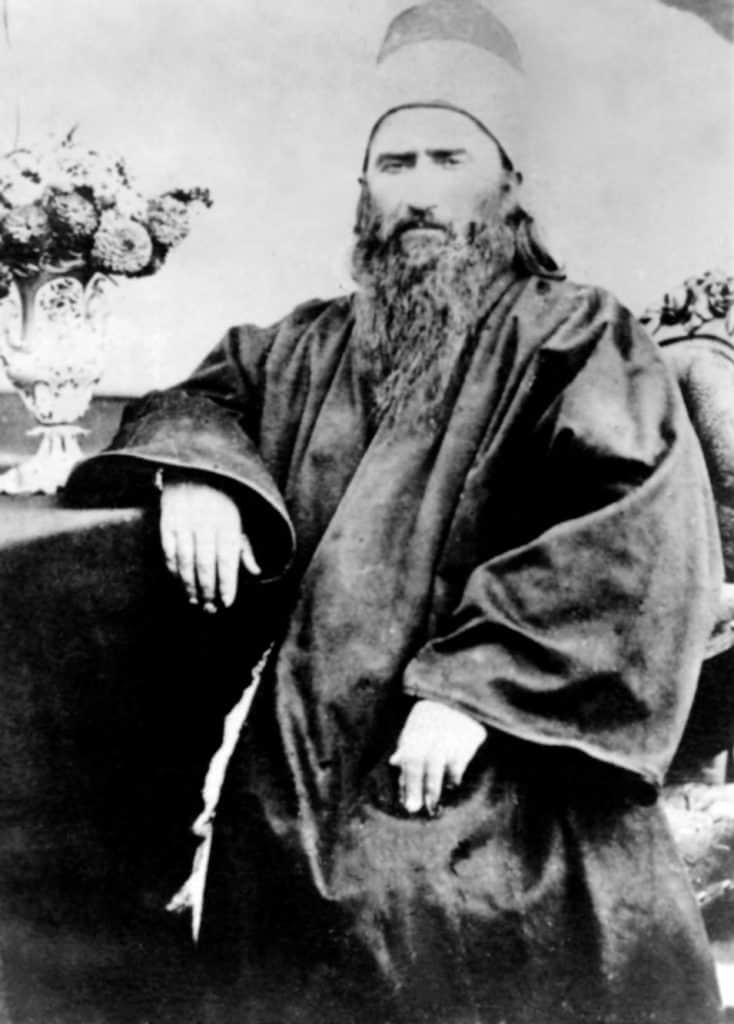
One of the fundamental principles of the Baháʼí Faith is the unity of all people and religions. Bahá’u’lláh taught that all religions come from the same source and have the same spiritual truths. He also emphasized the importance of individual investigation of truth, encouraging each person to seek knowledge and understanding.
The Bahai Gardens in Haifa
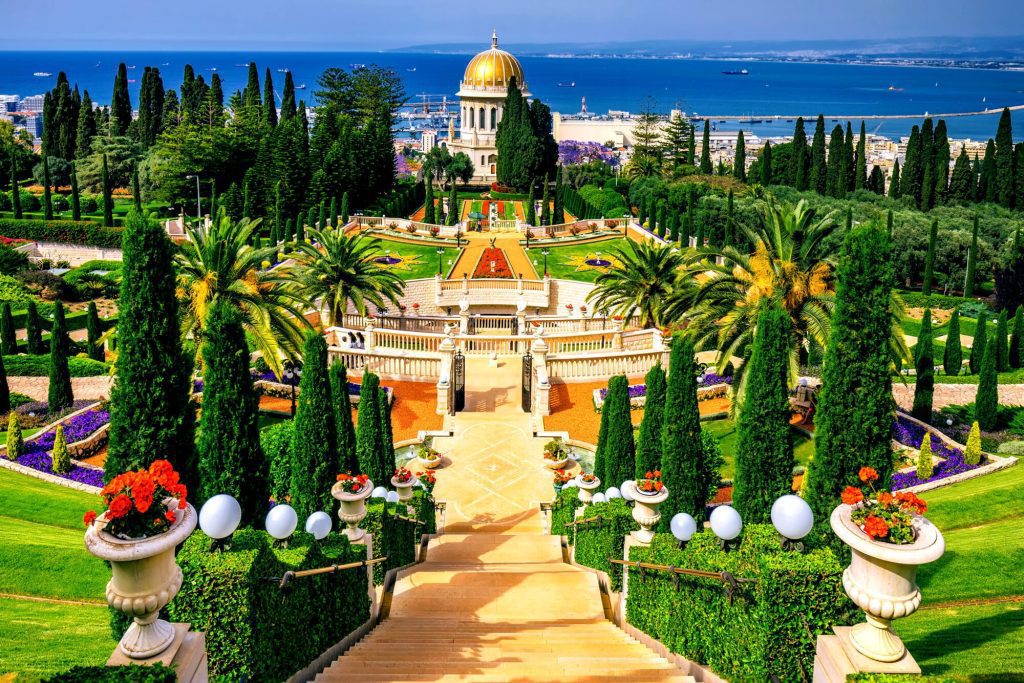
Another central tenet of the Baháʼí Faith is the concept of progressive revelation. This means that God has sent messengers throughout history to reveal divine teachings to humanity and that each of these messengers has brought a message suited to the needs of their time and place. Furthermore, the Bahá’u’lláh claimed to be the latest of these messengers, bringing a message suited to the needs of the modern world.
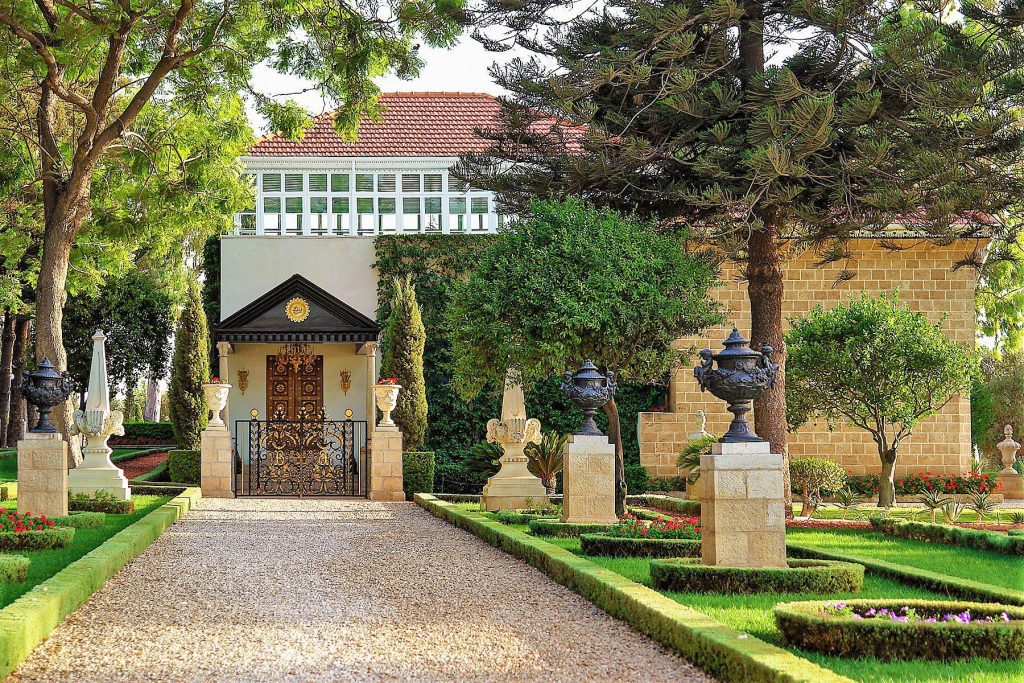
Credit: Marco Abrar, CC BY-SA 2.5, via Wikimedia Commons
In Addition, the Baháʼí Faith strongly emphasizes social justice and service to others. Bahá’u’lláh taught that the purpose of human life is to develop one’s spiritual potential and to contribute to the betterment of society. Baháʼís are encouraged to work for the betterment of their communities, to promote equality and justice, and to work towards the elimination of prejudice.
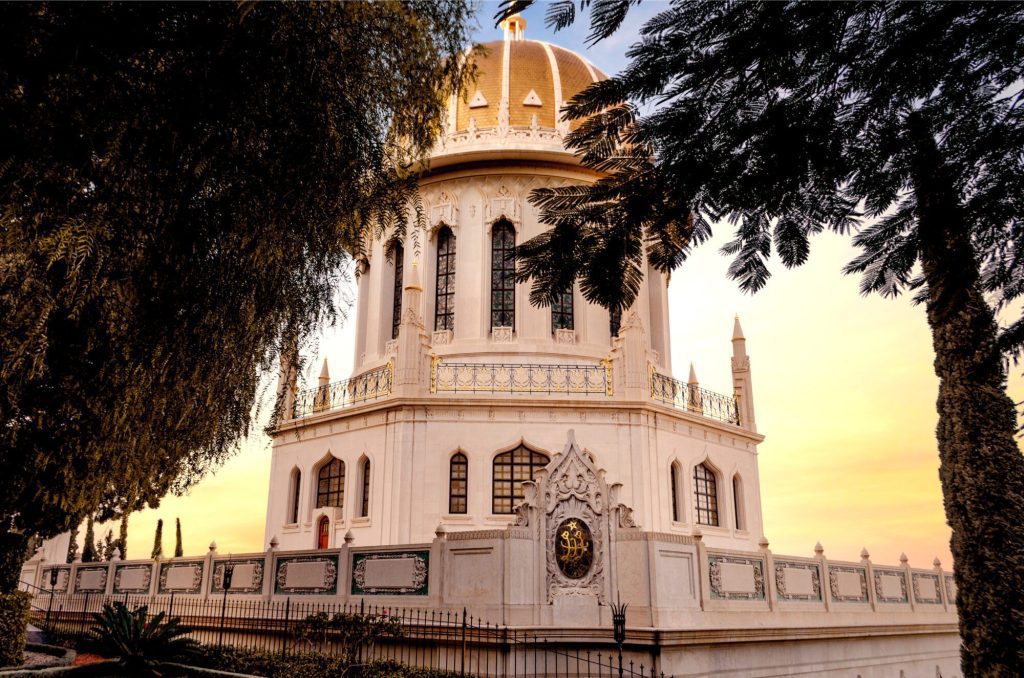
Moreover, the Baháʼí Faith has no clergy, and each individual is responsible for their spiritual development. Baháʼís gather regularly for devotional meetings and study circles, where they read and discuss the writings of Bahá’u’lláh and other Baháʼí authors. Baháʼís also observe several holy days, including the birth of Bahá’u’lláh and the Báb (the predecessor of Bahá’u’lláh), the anniversary of the founding of the religion, and the birthdays of other prophets.
The Baháʼí Faith is Worldwide!
The Baháʼí Faith has increased since its inception in the 19th century and now has millions of followers worldwide. Baháʼís can be found in virtually every country and come from various cultural and ethnic backgrounds. The Baháʼí Faith is also known for promoting peace and unity among people of different backgrounds and religions. Here is a link to their website!
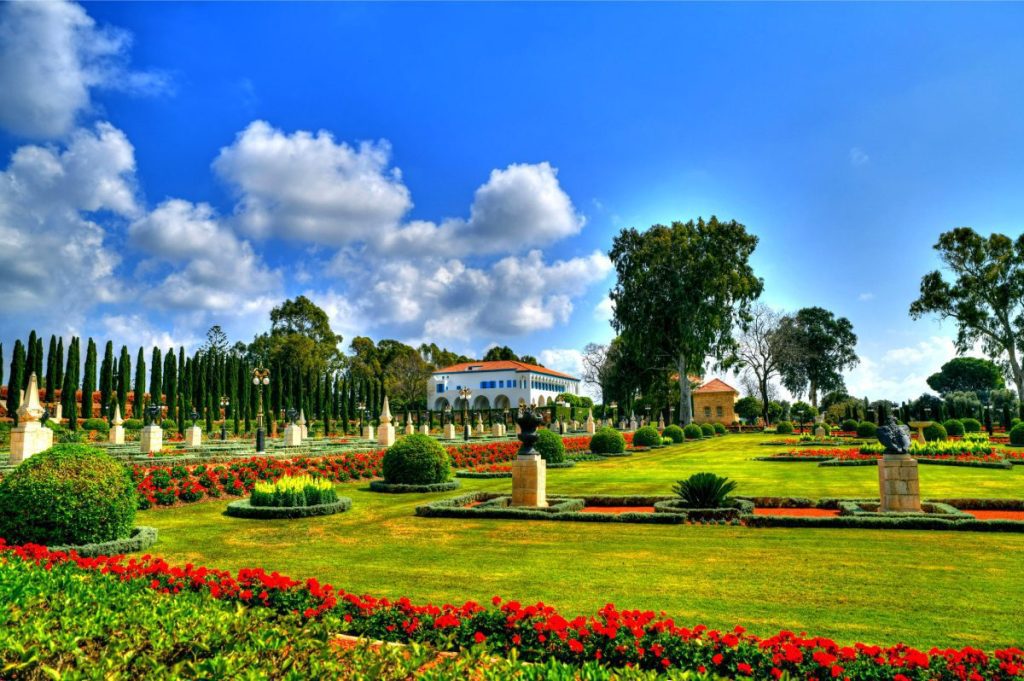
In conclusion, the Baháʼí Faith is a relatively new and rapidly growing religion that emphasizes the unity of all people and faiths, progressive revelation, and the importance of social justice and service to others. Its followers are encouraged to work for the betterment of their communities and to, promote equality and justice, and to eliminate prejudice. With its emphasis on universal values and principles, the Baháʼí Faith has the potential to play an important role in promoting peace and unity in our increasingly interconnected world.







